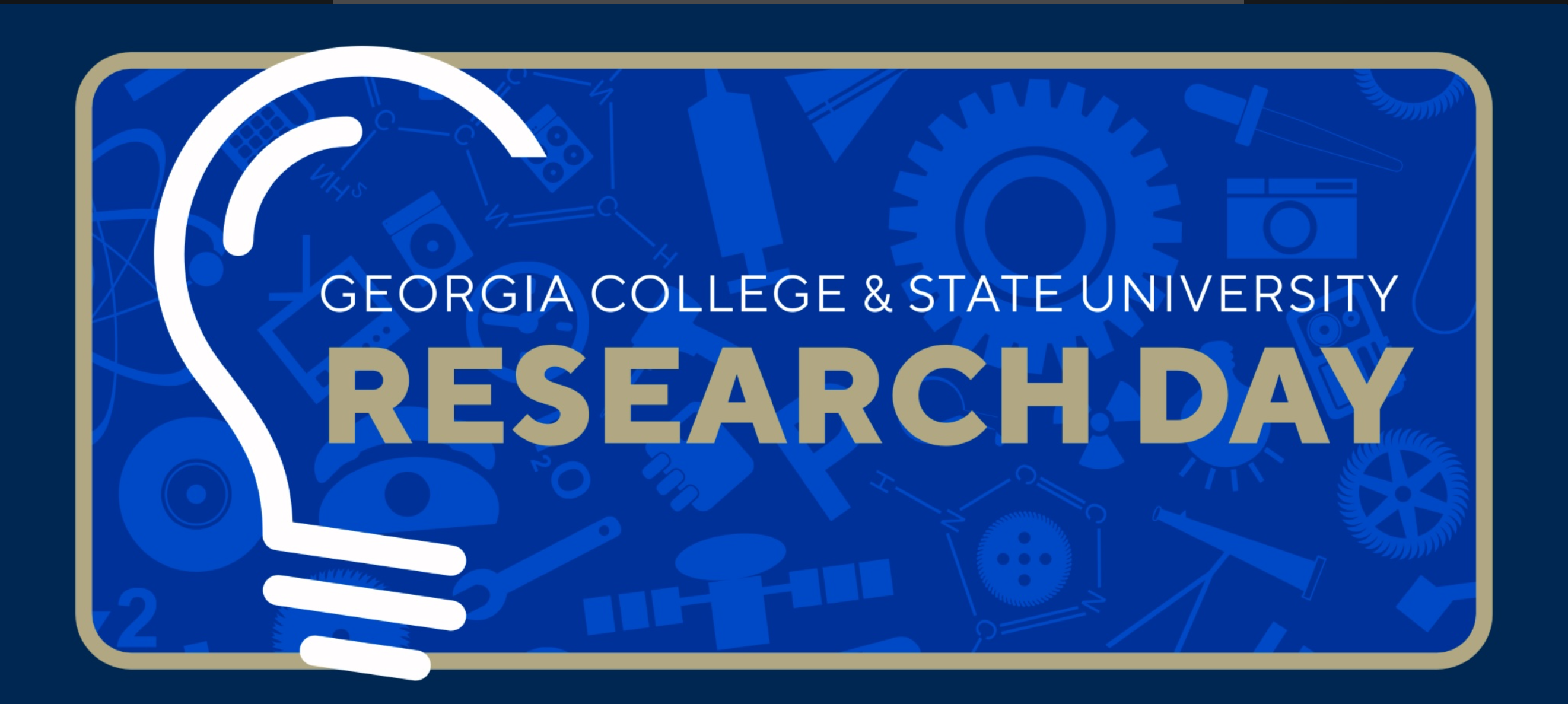Exploring Veteran Identity through Lyric Analysis
Faculty Mentor(s) Name(s)
Dr. Stephanie Jett
Abstract
Researchers attempt to define what it means to be a Veteran, but it is rare for that question to be directly asked of Veterans. Traditionally, experimenters define variables and ask the group of interest to provide responses without being included in the research process or reaping any direct benefit from participation. A high degree of distrust and disenfranchisement is present within the Veteran community towards the mental health care system and scientists. We aim to use a Community-based Participatory Action Research (CbPAR) model to amplify their voices and focus on what is important to them. We are seeking to allow Veterans to define their identity in their own words. Researchers serve as messengers to help amplify Veteran voices and disseminate their stories to the larger community. This study is part of a larger research project using both photovoice and lyric analysis to help define the “sights and sounds” of Veteran identity. In this study, we asked Veterans to identify songs that answered the question, “What does being a Veteran mean to you?” Veterans worked individually and in groups with researchers through the process of lyric analysis and thematic exploration. Lyric analysis is a music therapy intervention in which the client and therapist listen to a song together and discuss the connection the lyrics have to the client’s life experiences. Transcripts of interviews are being analyzed to uncover shared themes that help researchers understand how they conceptualize their identity as Veterans. External validity will be addressed through member checking, in which participants will review transcripts, discuss identified themes, and choose songs to present as a part of an immersive, interactive gallery experience for the community to allow for their stories to be told. We assert that more research should be done with the Veteran community, not to them
Start Date
27-3-2024 10:00 AM
End Date
27-3-2024 10:50 AM
Location
Magnolia Ballroom
Exploring Veteran Identity through Lyric Analysis
Magnolia Ballroom
Researchers attempt to define what it means to be a Veteran, but it is rare for that question to be directly asked of Veterans. Traditionally, experimenters define variables and ask the group of interest to provide responses without being included in the research process or reaping any direct benefit from participation. A high degree of distrust and disenfranchisement is present within the Veteran community towards the mental health care system and scientists. We aim to use a Community-based Participatory Action Research (CbPAR) model to amplify their voices and focus on what is important to them. We are seeking to allow Veterans to define their identity in their own words. Researchers serve as messengers to help amplify Veteran voices and disseminate their stories to the larger community. This study is part of a larger research project using both photovoice and lyric analysis to help define the “sights and sounds” of Veteran identity. In this study, we asked Veterans to identify songs that answered the question, “What does being a Veteran mean to you?” Veterans worked individually and in groups with researchers through the process of lyric analysis and thematic exploration. Lyric analysis is a music therapy intervention in which the client and therapist listen to a song together and discuss the connection the lyrics have to the client’s life experiences. Transcripts of interviews are being analyzed to uncover shared themes that help researchers understand how they conceptualize their identity as Veterans. External validity will be addressed through member checking, in which participants will review transcripts, discuss identified themes, and choose songs to present as a part of an immersive, interactive gallery experience for the community to allow for their stories to be told. We assert that more research should be done with the Veteran community, not to them


